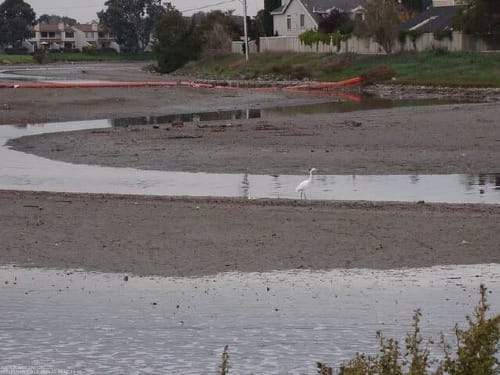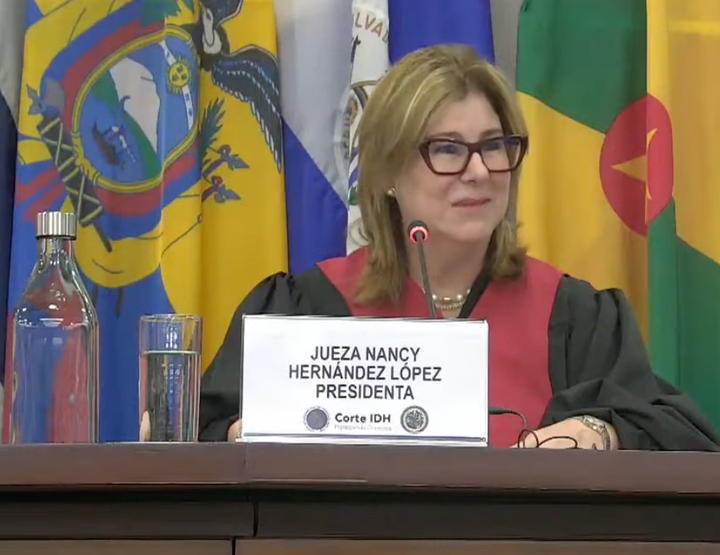U.S. Climate Litigation Update: Ninth Circuit Court Panel Pauses Set Of California Climate Cases; Hawaii Judge Orders Honolulu's Climate Suit To Proceed

San Mateo County and five other California communities suing oil companies to recover costs associated with climate impacts will now have to wait before their suits proceed in state court.
On August 25, 2020 a three-judge panel on the Ninth Circuit Court of Appeals granted the oil companies’ request for a stay or pause of an order sending the cases back to California state court where they were originally filed. The Ninth Circuit panel upheld that remand order in a May 26, 2020 ruling, which the companies unsuccessfully contested with the panel recently denying a petition for a rehearing en banc, meaning review by the full court. The companies are next turning to the U.S. Supreme Court. The Ninth Circuit has paused the cases for 90 days while the companies prepare to file a petition with the Supreme Court. If the petition is granted the stay will extend, but if the high court denies the companies’ bid then the California cases will re-start immediately in state court.
The lawsuits target over two dozen fossil fuel companies including some of the largest investor-owned oil and gas companies like BP, Chevron, ExxonMobil and Marathon Petroleum. The plaintiffs include the California cities of Imperial Beach, Richmond and Santa Cruz and the counties of San Mateo, Marin and Santa Cruz. These coastal communities are facing significant costs from climate impacts like flooding and sea level rise, and the lawsuits demand the fossil fuel companies help pay for harms stemming from use of their products. The lawsuits include state law claims of nuisance and product liability theories like failure to warn and are similar to cases against manufacturers of harmful products like opioids, lead paint and tobacco, where the industries also misled the public about the risks of their products in order to protect profits.
The fossil fuel companies are currently battling over a dozen climate cases brought by cities and counties and several states across the country. The companies want these cases in federal courts where they have had early success getting a few cases dismissed, including a case filed by the California cities of Oakland and San Francisco. That case is now revived with the same Ninth Circuit panel deciding in favor of the cities on appeal and also recently denying defendants’ request for a rehearing. The oil companies plan to take the Oakland-San Francisco case to the Supreme Court as well, though the Ninth Circuit panel has not yet paused this case.
The companies already have a petition pending before the Supreme Court in a climate case brought by Baltimore, Md. That case is simultaneously proceeding in Maryland state court. The Supreme Court is expected to decide if it will accept or decline the petition in the Baltimore case during the court’s conference on September 29, 2020.
Honolulu Climate Case Gets Green Light
Meanwhile, a federal district court in Hawaii has decided to allow a climate lawsuit filed earlier this year by the city and county of Honolulu to proceed, following a pause on the case pending resolution of the California cases by the Ninth Circuit. Honolulu filed its case on March 9, 2020 in state court and the oil companies moved the case to federal court, where the judge issued a stay in early May.
Judge Derrick K. Watson lifted that stay with an order on August 21, 2020, in which he wrote that continued delay “is no longer appropriate” and that “there is not a strong likelihood” of Supreme Court acceptance of petitions in similar climate cases.
“Defendants in this case will not be ‘irreparably injured absent a stay;’ a further stay will, however, ‘substantially injure’ Plaintiff by unnecessarily prolonging these proceedings for an indeterminate amount of time,” Watson wrote in his order.
The case will now endure the same jurisdictional battle (federal court vs. state court) that has delayed other climate cases from advancing to the merits stage. Honolulu has until September 11, 2020 to file a motion to remand the case back to state court. The oil companies then have until October 9, 2020 to respond and Honolulu may file a reply to that response by the end of October.


